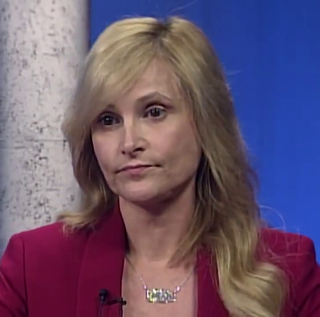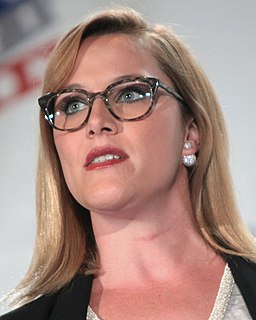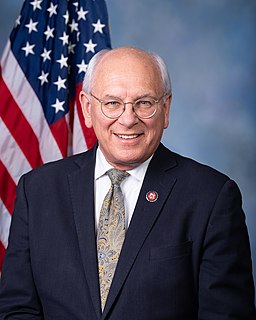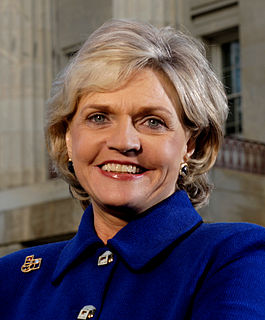A Quote by Hillary Clinton
We have to make the economy fairer. That starts with raising the national minimum wage and also guarantee, finally, equal pay for women's work.
Related Quotes
I want us to invest in you. I want us to invest in your future. That means jobs in infrastructure, in advanced manufacturing, innovation and technology, clean, renewable energy, and small business, because most of the new jobs will come from small business. We also have to make the economy fairer. That starts with raising the national minimum wage and also guarantee, finally, equal pay for women's work.
In my first 100 days, I'll work with both parties to make the biggest investment in good-paying jobs in decades. We'll also raise the minimum wage - a big deal for the nearly two-thirds of minimum-wageworkers who are women. And we'll give women the tools they need to fight for equal pay. This isn't just a "women's issue"? - it's an issue every American should care about, no matter their gender.
[A]s we celebrate 75 years of the minimum wage, we must also recognize that it is no longer achieving its potential impact in our economy or for America's working families. Every American deserves the chance to build a better life for his or her family - and raising the minimum wage will provide that opportunity.
Minimum wage laws tragically generate unemployment, especially so among the poorest and least skilled or educated workers... Because a minimum wage, of course, does not guarantee any worker's employment; it only prohibits, by force of law, anyone from being hired at the wage which would pay his employer to hire him.
If I thought that raising the minimum wage was the best way to help people increase their pay, I would be all for it, but it isn't. If you raise the minimum wage, you're going to make people more expensive than a machine. And that means all this automation that's replacing jobs and people is only going to be accelerated.
A lot of Democrats have said that raising the minimum wage is both good economics and good politics. The nonpartisan CBO issued a report today saying that raising the minimum wage to $10.10 an hour would cost the economy about 500,000 jobs...Why should we trust Democrats on anything when they couldn't have foreseen that this would be the case?
President Obama is also standing up for women in North Carolina and across our country. He has helped women fight for equal pay for equal work; he has fought to guarantee that women have access to quality, affordable health care, including making sure that insurance plans cover birth control with no out-of-pocket cost.
The backlash against women's rights would be just one of several powerful forces creating a harsh and painful climate for women at work. Reagonomics, the recession, and the expansion of a minimum-wage service economy also helped, in no small measure, to slow and even undermine women's momentum in the job market. But the backlash did more than impede women's opportunities for employment, promotions, and better pay. Its spokesmen kept the news of many of these setbacks from women. Not only did the backlash do grievous damage to working women C it did on the sly.




























